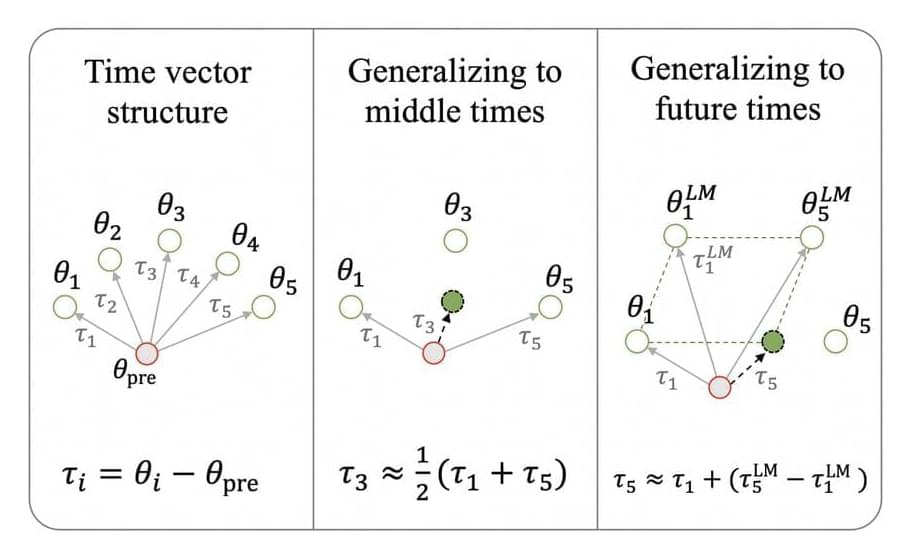Computational linguistics focuses on developing advanced language models capable of understanding and generating human language. This dynamic field integrates the latest in machine learning and artificial intelligence, striving to create models that grasp the intricacies of language. A crucial aspect of this discipline is adapting these models to accommodate the ever-changing nature of language, influenced by cultural, social, and technological shifts.
One major issue in this area is the temporal misalignment between the data used to train language models and the ever-evolving nature of language. Over time, the language used in various domains can change significantly, which leads to the models trained on past data becoming less effective. This problem is compounded by the fact that acquiring and integrating new, relevant data into these models is often complex and resource-intensive.
Current methods to tackle this challenge primarily involve updating language models with new data as it becomes available. Techniques like dynamic evaluation and continuous pretraining keep these models relevant over time. However, these approaches have limitations, such as the risk of models forgetting previously learned information or requiring extensive new data for effective updating.
